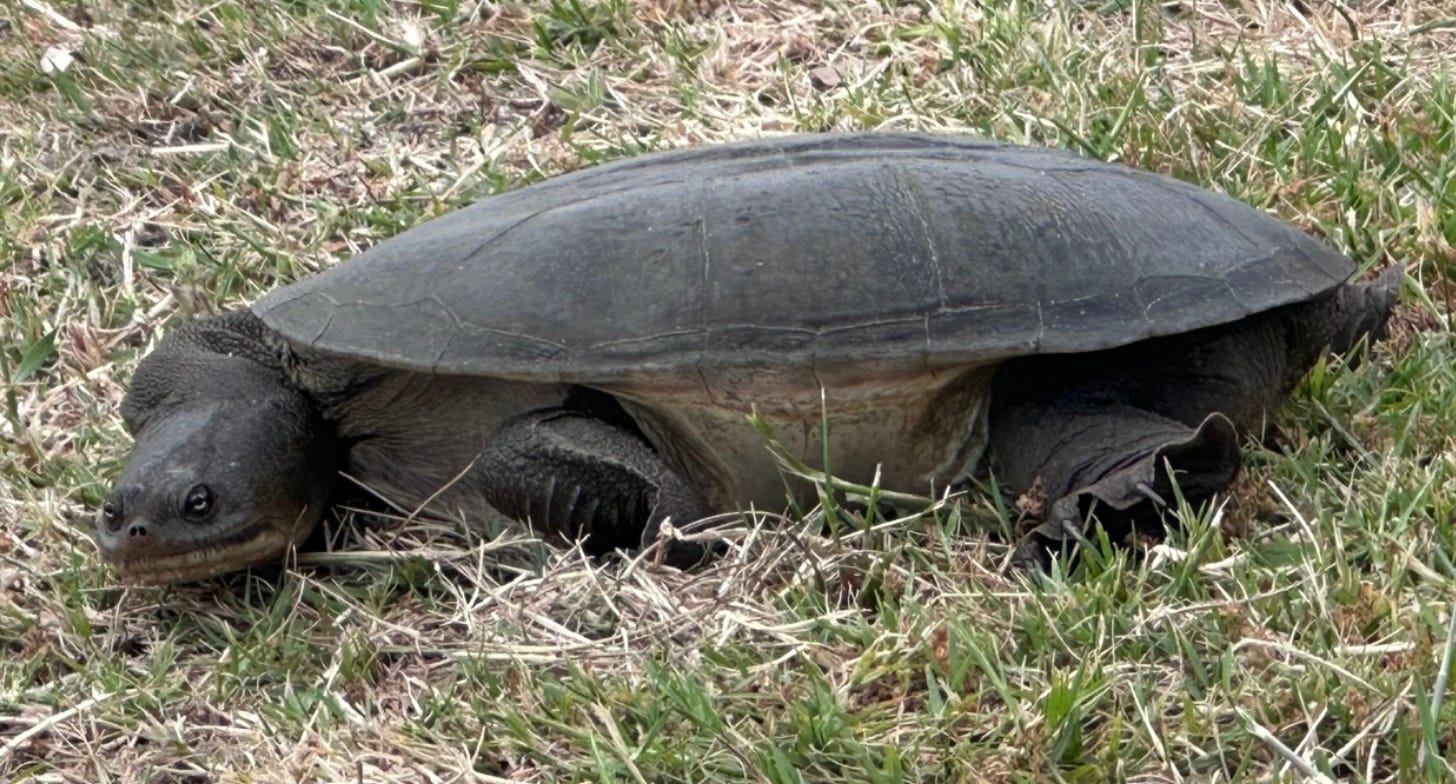Turtle tracking and breakthrough moments
The three factors that make or break successful communication in everything from arguments to novels
The right message
to the right person
at the right moment.
I’ve been working as a volunteer turtle tracker for the past couple of weeks here in Western Australia. It’s nesting season for the snake-necked turtles, and they have come up against so many threats that the survival rate for baby turtles is pretty much 0%, so we’ve been tasked by the local counci…




